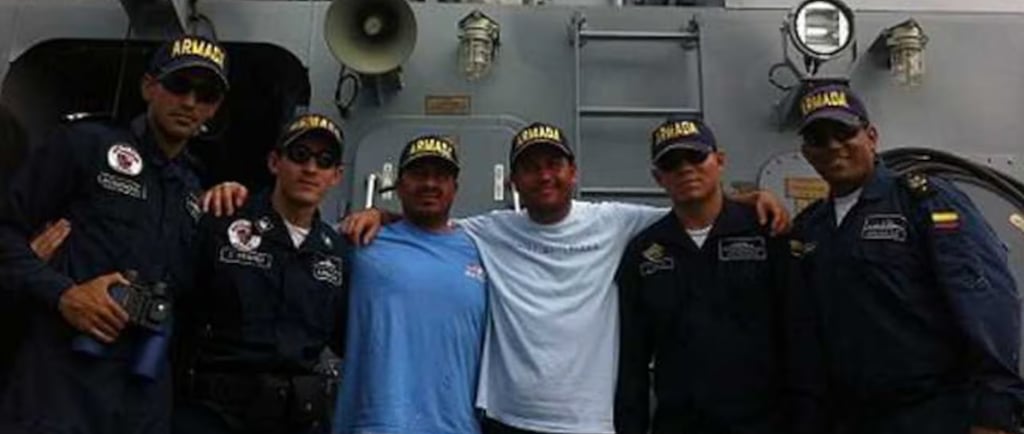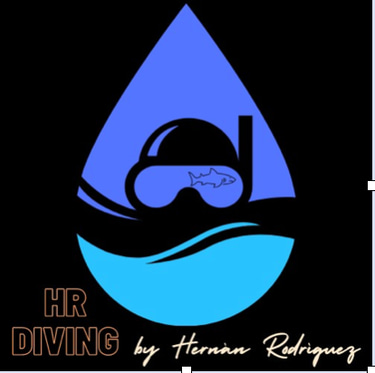“The first night was hell”: Diver rescued in Malpelo Hernán Darío Rodríguez shares his firsthand account of how they battled rough waters, cold, fear, and hopelessness to survive 50 hours adrift in the waters of the Colombian Pacific.
Hernán Darío Rodríguez's harrowing experience adrift in the Pacific Ocean reveals the power of the human spirit. After a diving accident, he faced three days of peril, showcasing resilience, hope, and the will to survive against overwhelming odds. Discover his incredible journey of survival and inner strength.
5/8/20242 min read
On Wednesday, August 31, five divers disappeared in the waters of the Colombian Pacific: Jorge Iván Morales, Hernán Darío Rodríguez, Erika Vanessa Díaz, Carlos Enrique Jiménez, and Peter Morse. The five were part of a eight-day expedition to Malpelo Island. They were making their last dive before embarking on their return journey.
In this first-person account, Hernán Darío reconstructs what it was like during their nearly 50 hours adrift.
We were supposed to make one last simple farewell dive and then set sail for Buenaventura, a journey of approximately 35 hours. We were in a diving area called La Catedral: a cavern about 80 feet deep. We crossed it and continued forward. At that moment, we felt two very strong currents that divided the group: an upward current carried Vanessa, Carlos, and Peter to the surface, and a downward current took Jorge and me to about 110 feet.
We had a chance to regroup and surfaced together. There we realized the current had pushed us southeast. We surfaced about 400 meters from the spot where the boatman was waiting for us.
Jorge couldn't swim at Jorge's pace, so he decided to turn back, and we found each other. We immediately tied up and were together from that moment on. The waves continued to carry Carlos and Vanessa away. In about two minutes, they were more than 100 meters from us.
We began a campaign of staying close to the Malpelo Rock. We swam on our backs, but it was very frustrating because we'd advance one meter and the current would take us five meters away. That night was very tough, especially for me. It was absolute hell. It started to get very cold, and added to that was anxiety, frustration, and stress, which accelerates dehydration.
What worked in our favor was that we kept our heads busy, talked, and joked. That second night was much better than the first. The stress had subsided a little, and we were very aware of the situation. Not like the first night, which was a long and painful process of acceptance.
The plane was getting closer and closer. It flew over us, came straight at us, and then dipped, as if signaling that they had located us.


Survival, Resilience, Courage
